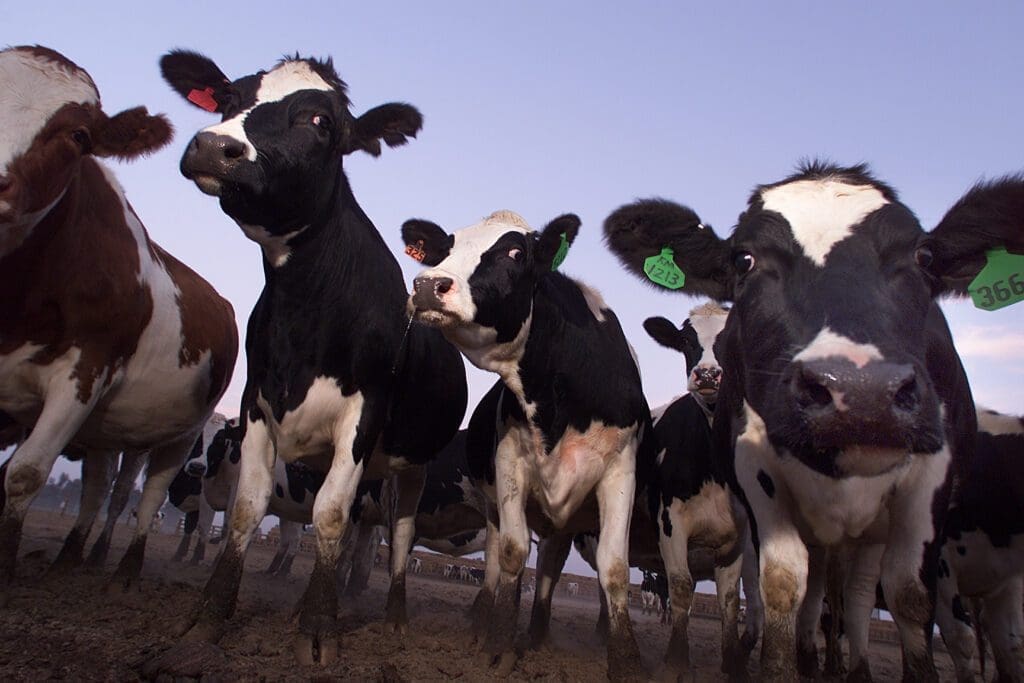Blog
How Africa can overcome its methane financing challenge
The last decade has been characterized by a heightened push to reduce carbon emissions globally. In Africa, concerted efforts to combat climate change have automatically been directed to reducing carbon dioxide (CO2) emissions, largely ignoring the importance of methane abatement. However, methane gas holds significantly higher global warming potential than its fellow greenhouse gas, and is responsible for over half of the global warming experienced since the dawn of the industrial age.
A new report by AfriCatalyst, titled “Mobilizing Finance for Methane Action in Africa”, illustrates the urgency of the situation. It reveals that methane emissions have steadily risen by 2 percent annually from 1990 to 2022, to account for 14 percent of the total global methane emissions. This increase is attributable to the increased production of oil and gas and the ever-growing food, energy and transport needs of the African population – itself growing annually by 2.4 percent.
While methane emissions have doubled in the last three decades, there is a disproportionate representation when it comes to responsibility. Just 19 out of the 54 African countries contribute 80 percent of Africa’s methane emissions, with Nigeria, Sudan, the Democratic Republic of Congo (DRC), and Egypt, responsible for half of this total.
The agricultural sector, being the largest contributor to GDP in the continent and biggest employer, is the primary source of methane emissions, contributing 51 percent of all methane emissions. The report also cites the increasing threat of waste mismanagement as the sector contributes 14 percent, while energy production covers the remaining 35 percent.
The necessity of upscaling methane abatement is illustrated by the fact that a 45 percent reduction in current emissions holds the potential of preventing a 0.3 degrees Celsius increase in global warming by 2040. Some strategies to instigate progress could involve urging oil and gas companies to invest in innovative technologies for rapid methane reduction by leveraging on the World Bank’s Global Flaring and Methane Reduction Partnership. According to the International Energy Agency (IEA), 75 percent of current methane emissions from the fossil fuel sector are entire avoidable through the use of available technologies.
Additionally, existing targeted measures could reduce methane emissions from the agricultural sector by around 30 metric tons per year (Mt/yr) by 2030. These include balancing taxation on meat production with subsidies for plant-based proteins, selective breeding of low methane-producing animals, and dietary manipulation.

However, a major impediment to addressing this crisis is the inadequate financing allocated for methane abatement. Last year, a mere 2 percent of global climate financing was directed towards methane abatement, with sub-Saharan Africa receiving only 6 percent of these allocations. Over 60 percent of this funding comes from multilateral financing institutions, indicating the need for a diversified funding approach.
“Financing methane action faces a number of challenges. The first relates to the limited awareness on methane abatement in Africa and how to finance methane abatement efforts across the continent. There is strong evidence that if we do have ambitious methane abatement objectives in Africa, certainly we will be able to make the continent meet its commitments under the Paris Accord,” remarked Daouda Sembene, AfriCatalyst’s CEO, and co-author of the report.
AfriCatalyst’s experts have identified several avenues for boosting domestic and external financing for methane action in Africa. For example, a collaborative effort by the 19 top African methane emitters could unlock European Union (EU) grants totaling nearly 6.4 billion Euros under the Neighborhood, Development, and International Cooperation Instrument – Global Europe (NDICI). This financial support could be complemented by technical assistance from reputable institutions such as the African Development Bank (AfDB), International Monetary Fund (IMF), and the World Bank.
However, raising additional financing will be difficult considering current realities. The perception of risk attached to Africa by global rating agencies plays a significant role in hindering investment, despite it being mostly untrue. During a webinar themed “Financing Methane Action in Africa” held in November, speakers collectively emphasized the need to make methane projects risk-free and attractive to investors.
“Africa is the least risky region to do investment in infrastructures – the default rate for financed projects is only 5.5%, the lowest in the world. We need to change the narrative of risk by harnessing digital technologies, exploring concessional funding, and establishing a one-stop shop for all investing instruments,” Abdoul Salam Bello, Executive Director of the Africa Group II at the World Bank Group, observed.
Katherine Stodulka, Director for the Blended Finance Taskforce & Partner at Systemiq, further added, “Multi development banks (MDBs) should push rating agencies to understand the benefits of investment projects in Africa, the low levels of default, and to have a clear dialogue with African countries that urgently need the investment to carry out methane action.”
It is widely agreed that mobilizing methane financing in Africa will require a new paradigm that is not reliant on the intricate bureaucracies of the global financial architecture. Hence, AfriCatalyst is proposing an innovative solution – the African Methane Abatement Bond (AMAB). This financing scheme envisions a collaboration between pan-African financial institutions, global philanthropies, and leading global asset management and investment firms.
AMAB aims to provide financial and technical assistance, supporting the formulation and implementation of methane abatement measure outlined in national plans. Additionally, such a framework would support the creation of a private investment vehicle to support African SMEs and entrepreneurs in developing practices that mitigate methane emissions.
As Africa grapples with the methane emission crisis, urgent efforts for innovative financing and collaboration become increasingly imperative. The proposed AMAB offers a glimmer of hope, providing a potential lifeline for the continent in its battle to halt the looming environmental catastrophe.
